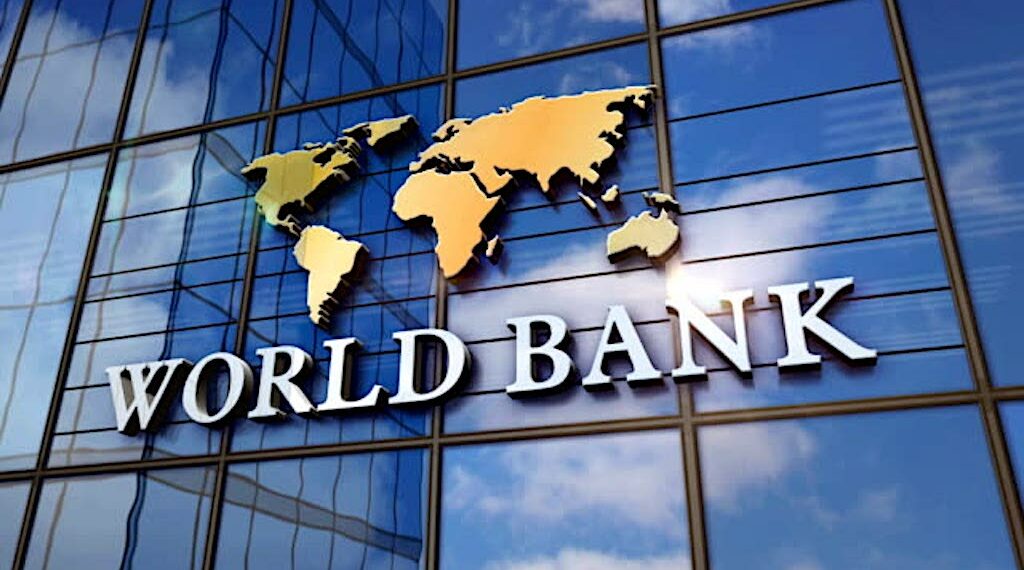The World Bank has approved a $250 million International Development Association (IDA) credit for Ghana’s Financial Stability Project. This five-year initiative aligns with Ghana’s Financial Sector Strengthening Strategy (FSSS).
Enhancing Financial Stability in Ghana
The project aims to improve financial stability by supporting the recapitalization of viable banks and Specialized Deposit-taking Institutions (SDIs) impacted by Ghana’s Domestic Debt Exchange Program (DDEP). According to a statement from the bank on Monday, the initiative will provide critical solvency support.
“The financial system is vital to Ghana’s economy, offering essential services to households, firms, and the government, and fostering economic growth,” the statement read. “To counter the severe impact of the DDEP on financial institutions, the government established the Ghana Financial Sector Stability Fund (GFSF) to support banks, pension funds, insurance companies, fund managers, and collective investment schemes.”
The project will initially benefit undercapitalized but viable banks and SDIs, and will be available to other banks and SDIs that may need support due to potential new losses, providing a safeguard against unexpected losses.
World Bank’s Support
Robert R. Taliercio, World Bank Country Director for Ghana, Liberia, and Sierra Leone, commented, “This project will enhance Ghana’s financial stability by offering solvency support to banks and SDIs impacted by the DDEP through the GFSF. It will benefit the financial sector and the economy by ensuring depositors and other financial consumers can access savings, payments, and other core financial services from adequately capitalized banks and SDIs.”
Nigeria’s Expected Financial Support
While Ghana secures this crucial financial backing, Nigeria is also poised to receive significant financial support from the World Bank, with an expected approval of $2.25 billion this month.
Nairametrics reported that the World Bank may approve loans totalling $2.25 billion for Nigeria across two major projects on June 13, 2024. Official documents indicate that these funds will be allocated to projects to enhance Nigeria’s economic stability and resource mobilization capabilities.
Nigeria’s Upcoming Projects
The first project, the Nigeria Reforms for Economic Stabilization to Enable Transformation (RESET) Development Policy Financing (DPF), will receive $1.5 billion. The second project, NG Accelerating Resource Mobilization Reforms (ARMOR) Program-for-Results (PforR), is proposed to receive $750 million.
Discussions between the World Bank and Nigerian authorities are ongoing to finalize the terms of these loans. These negotiations are crucial as they will define the project’s implementation’s financial and operational frameworks. The funds are expected to support Nigeria’s efforts in reforming economic policies and enhancing government resource mobilization, essential for the country’s long-term financial sustainability and economic resilience.











